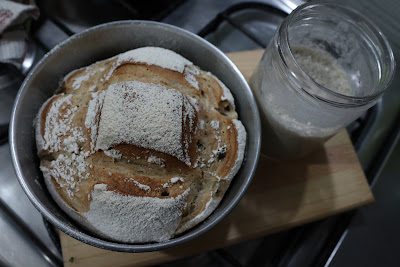Can Leaving Wine at Room Temperature After Opening Spoil Its Taste? Here's What You Need to Know
You’ve opened a bottle of wine and want to enjoy it tonight, but you're not sure if it will still taste good if left unrefrigerated. Here's what you need to know about wine storage after opening.
Wine is a fermented beverage made from grapes and contains alcohol, antioxidants, minerals, vitamins, and polyphenols that give it its color and flavor. A study published in the Journal of Food Science found that red wines stored at room temperature had higher levels of phenolic compounds than those kept in the fridge. This means that red wines would likely retain their original flavors longer if stored at room temperature
The Science of Wine: Understanding the Components That Affect Taste
Wine does not spoil due to oxidation but from bacterial growth. Wine is stored in a refrigerator to slow down the process of bacterial growth. Oxidation occurs when oxygen reacts with alcohols and organic compounds, producing carbon dioxide gas and changing the color of the liquid. In addition, the presence of oxygen promotes the growth of microorganisms.
All wines are susceptible to oxidation, but certain types of wine are more prone than others. Red wines tend to oxidize faster than white wines. White wines oxidize slower than red wines, and sparkling wines are especially sensitive to oxidation.
After opening, most people think that wine needs to be refrigerated immediately. However, experts recommend leaving wine open for several hours before refrigerating. This allows the wine to breathe and let off any trapped gases. Once opened, the cork may become loose, so to prevent this, place the bottle upright in a glass filled with ice cubes.
To detect the presence of spoilage, try smelling the wine. If it smells sweet, sour, or fruity, it probably contains alcohol. If it smells moldy or rotten, it probably contains acetaldehyde. If it smells metallic, it probably contains sulfur dioxide.
Give Your Wine Room to Breathe: Why Waiting to Refrigerate is Key
Wine left uncorked can develop bacteria and other microorganisms that can affect the flavor and quality of the wine. Therefore, it is important to decant wine from the bottle before serving, which removes sediment and air bubbles that could cloud the wine.
Cooking wines usually have a shelf life of about six months after opening, but many people prefer to drink their wine within two years of opening.
It is possible to get sick from drinking old wine, depending on the type of illness you develop. Symptoms of alcohol poisoning include nausea, vomiting, diarrhea, abdominal pain, headache, confusion, slurred speech, seizures, coma, and death.
In summary, wine does not spoil due to oxidation, but from bacterial growth. Red wines are usually stored in cool conditions, but if you open a bottle and leave it exposed to air, it will begin to oxidize and lose its color and flavor. It is best to store wine in a dark place where no light reaches the bottle to slow down the oxidation process.

